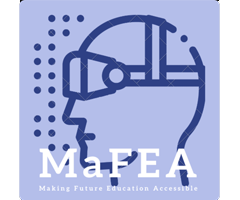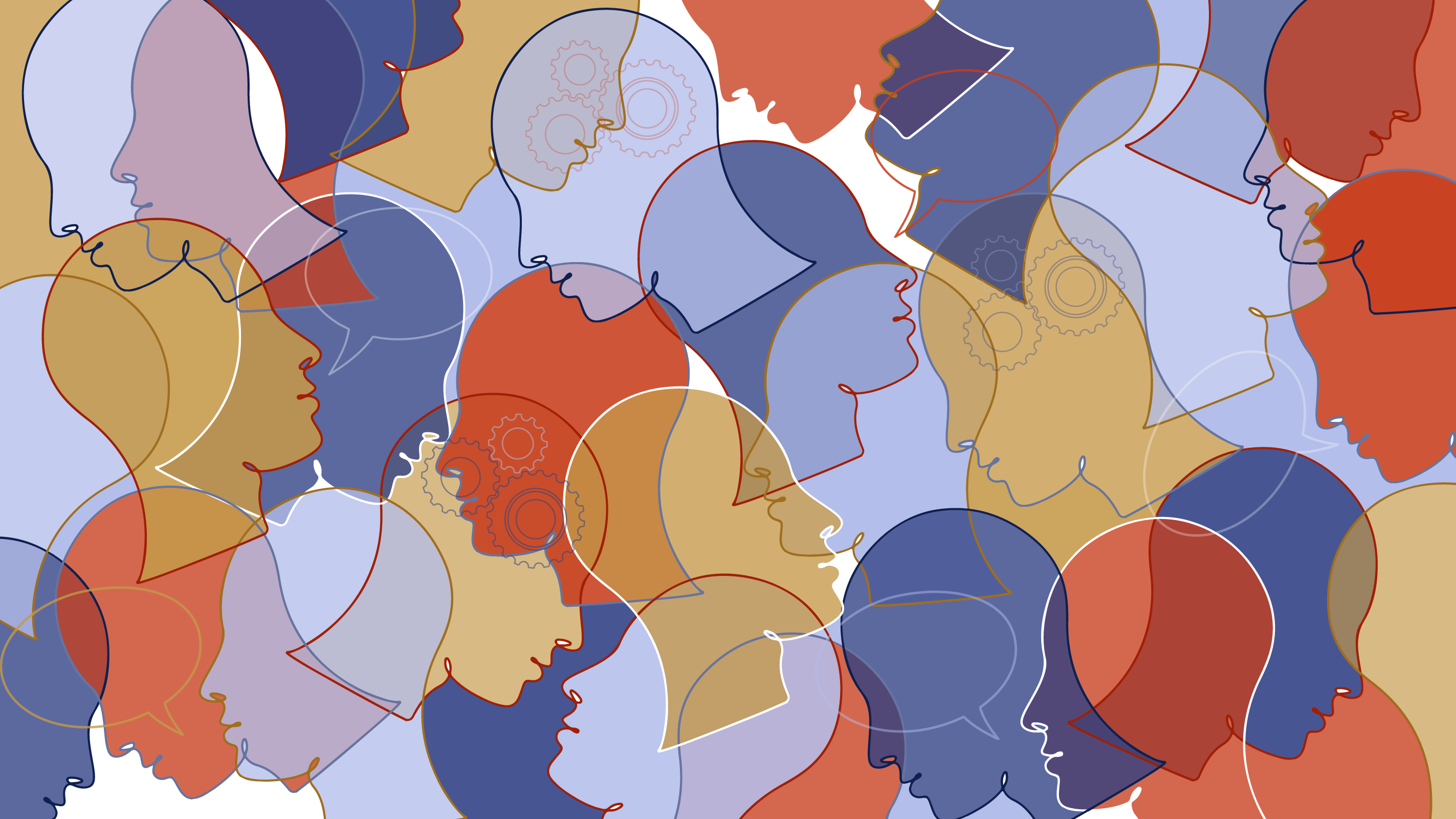(Re)Thinking about education in Europe and contributing, by co-constructing, to the transformation of its practices, is to advocate for inclusion, for difference and for respect. It is to understand that only through collaborative work it is possible to reach further, more students, more teachers and more families, opening the school’s door to the surrounding community. In this complex world in which we live, increasingly technological and plural, we run serious risks of some standardization. Nobody wants to be left behind, but only a few want to continue honouring the oldest and most traditional heritages, which impact and condition our daily lives, our communication, our ability to see beyond ourselves, and which allow us to touch the “other”. One of these heritages is our language, essential to interact and build bridges. In this very digital, fast moving, and sometimes isolated century, it is urgent to build networks that bring us closer to each other, especially when the maintenance of a broad sense of European citizenship, of a feeling of belonging to a community that goes beyond the geographical limits of each of our countries, seems to be increasingly at stake. We speak, therefore, of multilingualism. This is not about choosing a shared language that everyone understands (besides our own), but rather about preserving all the languages that everyone speaks, ensuring that they all fulfil their purpose simultaneously.
Belgium, Portugal, Netherlands, Finland, Estonia are partners in this cooperation and innovation project, where the anchors are accessibility, inclusion and the shared discovery of new paths that allow education to walk hand in hand with technology. Making Future Education Accessible (MaFEA) is the motto for this teamwork that allows us to bring together in a single project partners with very different cultural, economic and linguistic realities. The richness lies precisely in this diversity, which, in our view, honours one of the greatest struggles (and perhaps also one of the greatest victories) in the construction of a Europe of all and for all. The union that is so often talked about, especially when differences exist, is achieved in this multicultural meeting because the languages and social, cultural, and educational realities of each of the participating schools are respected. We live much more (and much beyond) virtual or augmented reality which, even so, seem absolutely fascinating and capable of treading previously unthinkable paths. We are just a few steps away from making a real difference in the lives of those who teach and those who constantly want to learn, showing that with the right tools we are not limited to the walls of the classroom or to more traditional teaching methods. We are committed to experimenting and discovering the educational potential of top software and equipment, doing our best to better train and educate our students and prepare them for the multiple (but uncertain) professional realities of the future. For obvious reasons, we communicate in English, but the immense value of all that we explore and produce lies in the dissemination of our results in each of our languages. We stick to our first purpose, which is to reach as many teachers as possible, showing how we can do it differently, exemplifying and simplifying the more technical language, making it more accessible. Above all, we want to motivate them! We translate constantly, and along the way we learn and improve language skills. We want one of the impacts of our work to be on the democratization of education, broadening the horizons of the educational communities, families, and other stakeholders who participate closely in the training of our students. Our efforts are aimed at making the school more inclusive, closer. That it is a happy and safe place to learn, to be, and to stay in. Our approach may not be unique and absolutely innovative, but it certainly fulfils the European demand for cross-border cooperation, mutual understanding, mobility, and interculturality. Of togetherness and accessibility, of inclusion.


Leave a Reply